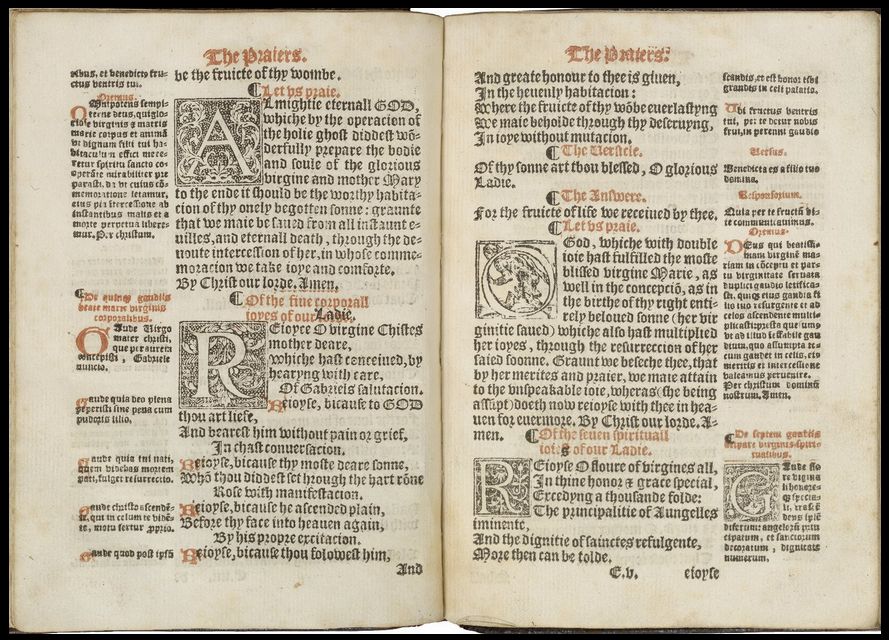Stephen Ramsay: Reading Machines: Toward an Algorithmic Criticism (2011)
Filed under book | Tags: · algorithm, digital humanities, literary criticism, machine, pataphysics, text, turing machine

“Rethinking digital literary criticism by situating computational work within the broader context of the humanities
Besides familiar and now-commonplace tasks that computers do all the time, what else are they capable of? Stephen Ramsay’s intriguing study of computational text analysis examines how computers can be used as “reading machines” to open up entirely new possibilities for literary critics. Computer-based text analysis has been employed for the past several decades as a way of searching, collating, and indexing texts. Despite this, the digital revolution has not penetrated the core activity of literary studies: interpretive analysis of written texts.
Computers can handle vast amounts of data, allowing for the comparison of texts in ways that were previously too overwhelming for individuals, but they may also assist in enhancing the entirely necessary role of subjectivity in critical interpretation. Reading Machines discusses the importance of this new form of text analysis conducted with the assistance of computers. Ramsay suggests that the rigidity of computation can be enlisted by intuition, subjectivity, and play.”
Publisher University of Illinois Press, 2011
Topics in the Digital Humanities series
ISBN 0252078209, 9780252078200
98 pages
Review: Matt Schneider (Digital Studies).
Comment (0)Anne Burdick, Johanna Drucker, Peter Lunenfeld, Todd Presner, Jeffrey Schnapp: Digital_Humanities (2012)
Filed under book | Tags: · data mining, data visualisation, digital humanities, education, linguistics, simulation

“Digital_Humanities is a compact, game-changing report on the state of contemporary knowledge production. Answering the question, “What is digital humanities?,” it provides an in-depth examination of an emerging field. This collaboratively authored and visually compelling volume explores methodologies and techniques unfamiliar to traditional modes of humanistic inquiry–including geospatial analysis, data mining, corpus linguistics, visualization, and simulation–to show their relevance for contemporary culture.
Included are chapters on the basics, on emerging methods and genres, and on the social life of the digital humanities, along with “case studies,” “provocations,” and “advisories.” These persuasively crafted interventions offer a descriptive toolkit for anyone involved in the design, production, oversight, and review of digital projects. The authors argue that the digital humanities offers a revitalization of the liberal arts tradition in the electronically inflected, design-driven, multimedia language of the twenty-first century.
Written by five leading practitioner-theorists whose varied backgrounds embody the intellectual and creative diversity of the field, Digital_Humanities is a vision statement for the future, an invitation to engage, and a critical tool for understanding the shape of new scholarship.”
Publisher MIT Press, 2012
Open Access
ISBN 0262018470, 9780262018470
x+141 pages
Journal of Digital Humanities 1 (3): The Difference the Digital Makes (2012)
Filed under journal | Tags: · cultural analytics, data visualisation, digital humanities, mapping, social media

“So much of the content of digital humanities begins in the analog world: documents that are scanned and indexed; maps that are recast in GIS; quantities that are converted to machine-readable tables. Although we tend to focus on the final product — the digital construction viewed over the web — we remain cognizant of this transition that artifacts of human expression have taken. In this issue of the Journal of Digital Humanities, several scholars take a deeper look at that transition. ” (from the Introduction)
With contributions by Sarah Werner, Craig Mod, Matthew M. Booker, Melissa Terras, Elijah Meeks and Karl Grossner, Simon Burrows and Mark Curran, Andrew J. Torget and Jon Christensen, Stuart Dunn, Sean Takats, Robert Nelson
Vol. 1, No. 3, Summer 2012
Editors: Daniel J. Cohen, Joan Fragaszy Troyano
Associate Editors: Sasha Hoffman, Jeri Wieringa
Publisher Roy Rosenzweig Center for History and New Media, October 2012
Creative Commons Attribution 3.0 Unported License
ISSN 2165-6673
View online (HTML articles)
PDF (PDF)
PDF (EPUB)
PDF (IBOOK)

